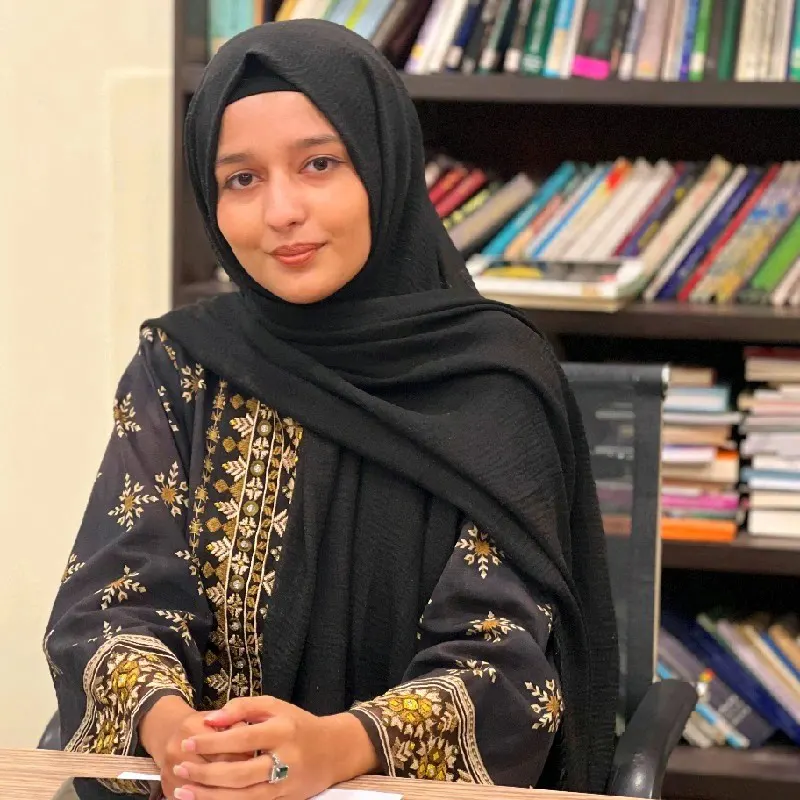Aneeqa Aamir
October 27th holds significant historical importance in the Kashmir region, as it is marked as Black Day. It commemorates the events of 1947 when India’s intervention in Jammu and Kashmir transpired, a move widely criticized for its violation of the Indian Independence Act. The Indian Independence Act was a pivotal document that marked the formal end of British colonial rule and the beginning of independence for India and Pakistan. However, India’s actions in Jammu and Kashmir were seen as a breach of the law established by the Indian Independence Act.
This action was taken without the consent of local leaders and against the wishes of many people in the region. The events of this day are remembered as a dark period because they led to a long-standing conflict and tension in the region. The conflict in Kashmir has left many Kashmiris suffering, including the Kunan Poshpora incident in 1991, where Indian security forces subjected many women to sexual violence. This event remains a traumatic memory for the affected communities and highlights human rights issues. Many women are “half-widows” due to their husbands’ disappearance, living in constant emotional turmoil.
The killings of Burhan Wani in 2016 and the rape of Asifa Bano in 2018 further intensified these issues. India re-invaded Indian Illegally Occupied Jammu and Kashmir (IIOJK) in August 2019, but the people remain resistant to Indian annexation. Additionally, in the region of Indian-administered Jammu & Kashmir, signs of religious aggression through different kinds of limitations are observed. Rules that restrict religious activities and group gatherings have made the Muslim community feel excluded. The recent firing and damage inflicted upon a mosque in Shopian, IIOJK, is a distressing demonstration of the ongoing state-terrorism faced by the Kashmiri people in the occupied region. Such actions target the faith and cultural identity of the people in the occupied territory, further aggravating the suffering of the Kashmiri population. Moreover, the Indian government announced the demolition of Muslim homes in IIOJK.
The actions of demolishing homes and structures that belong to Muslims in Indian illegally occupied Jammu and Kashmir have been strongly condemned by the All Parties Hurriyat Conference and other Hurriyat leaders and organizations. They urge the world community to pay attention to India’s harmful intentions and prevent them from altering the population makeup of the occupied area. Additionally, the demolition of the Charrar e Shareef shrine is another sad incident for Muslims in Kashmir, as it feels like losing a piece of their history.
Kashmiris throughout the world observe October 27th as Black Day. But, even with all this pain, the people of Kashmir remain resilient. They have not given up hope. Activists, poets, and other influential individuals are struggling to keep hope alive. Their words tell the world that the people of Kashmir want peace, not war. Parveena Ahangar, founder of the Association of Parents of Disappeared Persons, advocates for the rights of disappeared persons. Khurram Parvez, a human rights activist, coordinates the Jammu Kashmir Coalition of Civil Society. Roohi Nazki, a journalist, documentary filmmaker, and lawyer Pervez Imroz document human rights abuses in Kashmir. Social worker Naseema Banoo works for the welfare of underprivileged children.
These brave people, along with many others, show that the people in Kashmir still believe in the dream of freedom. They have shown exceptional courage and determination in the face of adversity, serving as sources of inspiration for their communities and beyond. Even though the circumstances are tough, they haven’t given up yet. They want a future where they can make their own choices and live freely. Their stories give hope for a better Kashmir where everyone can live with respect and freedom.
It is imperative that the voices of the Kashmiri people, who have endured decades of hardship, be heard, and their rights protected. Seeking a fair and peaceful solution to the Kashmir conflict is crucial not just for regional stability but also as a demonstration of our shared dedication to preserving principles like justice, human dignity, and adherence to legal norms.
[Aneeqa Aamir is perusing Bachelors of IR from International Islamic University, Islamabad and currently she is intern at Kashmir Institute of International Relations.]










